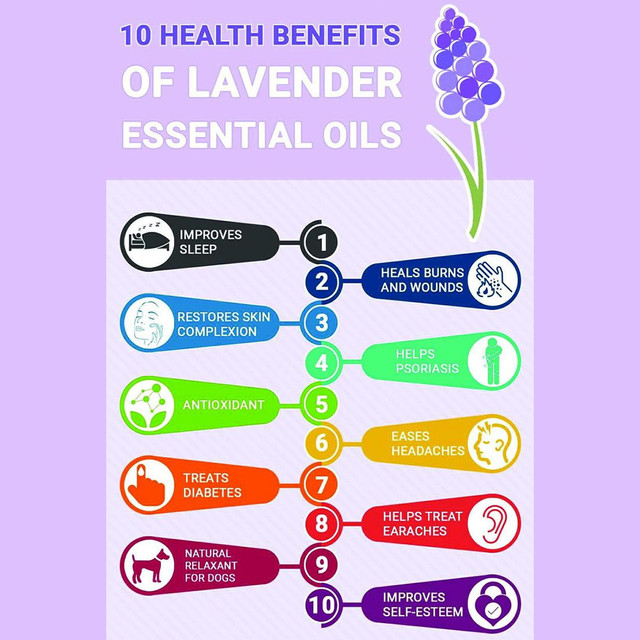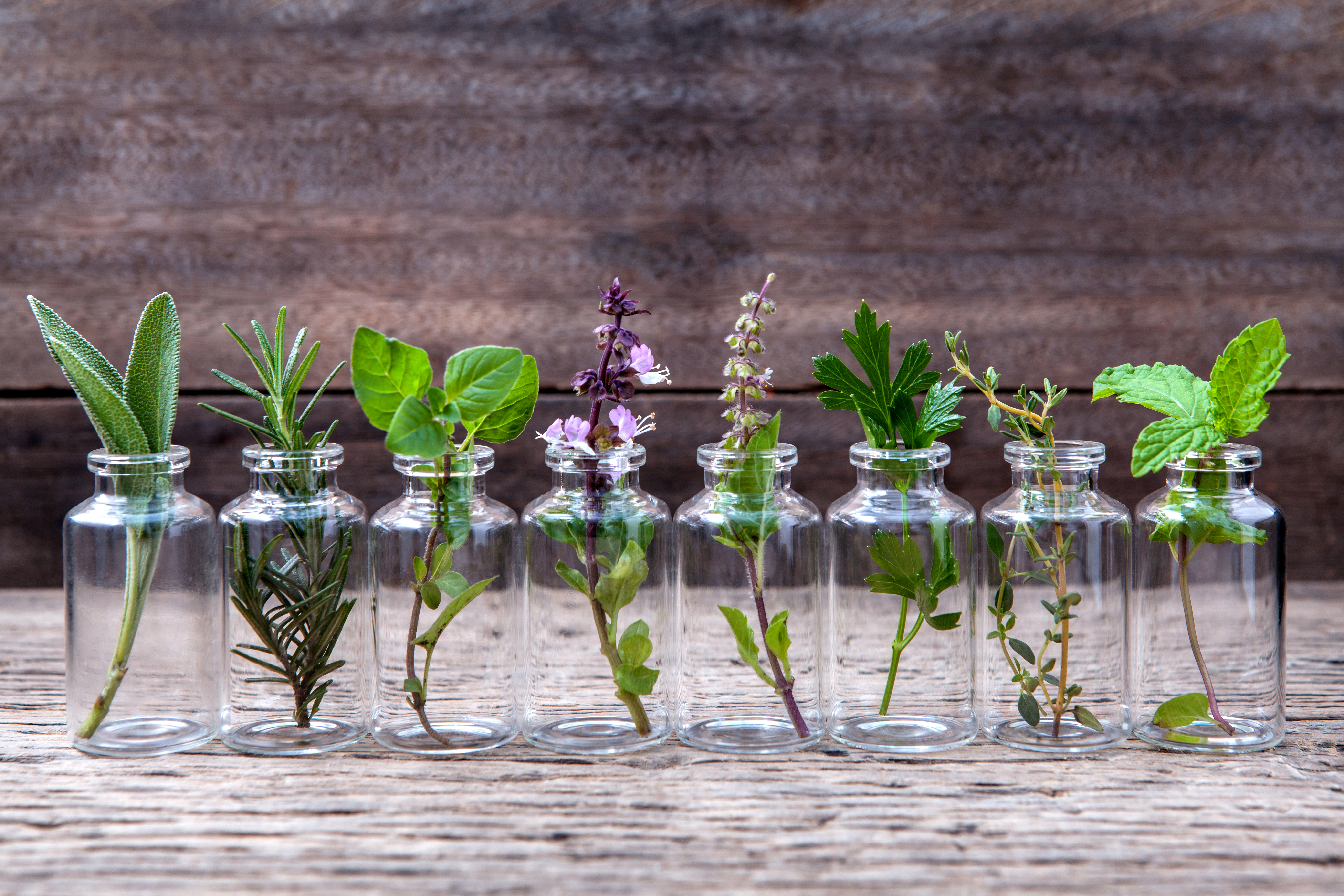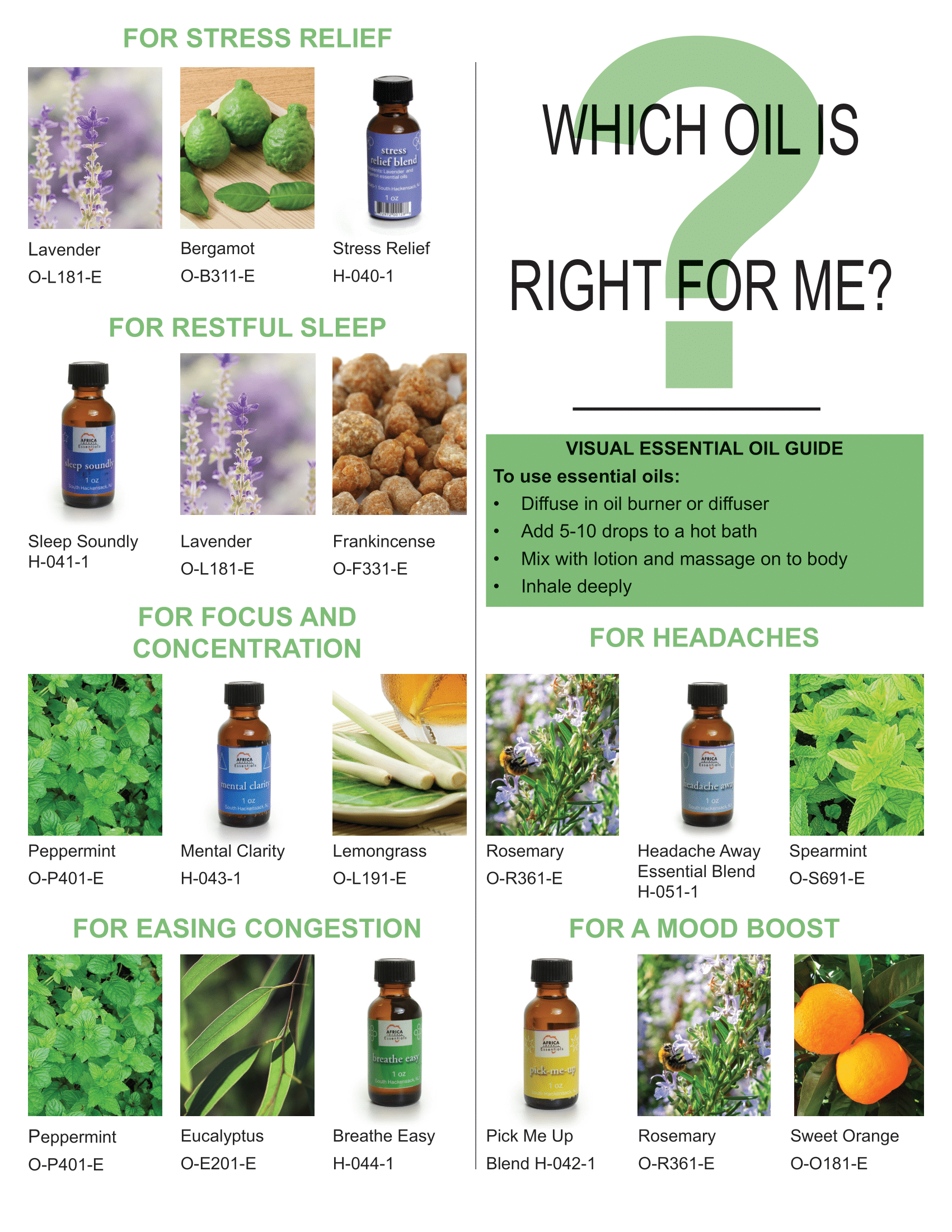People love using oils for their scent and health benefits. But, there are two main types: essential oils and fragrance oils. They seem similar but are quite different. Essential oils are from plants. They capture the plant's scent and benefits. Fragrance oils are made by people. They can copy a natural smell or create something new.
Essential oils are great for things like stress relief and skin care because they're natural. Fragrance oils are everywhere - in your body oils, soap, candles, and your laundry detergent. They smell strong and are long lasting too.
Knowing the difference helps you choose the right oil. Whether you want a strong oil for your skin or a natural body oil, this guide will help you decide.
Understanding Fragrance Oils
Types of Fragrance Oils
Synthetic Fragrance Oils: These oils are engineered from chemical substances to replicate many different scent profiles, including those inspired by designer perfumes. They can contain chemical components, making them long-lasting and potent to wear or burn.
Natural Fragrance Oils: These oils mimic natural scents by isolating and combining elements derived from plants. Despite being lab-made, they're considered more suitable for people with sensitive skin or allergies due to their closer-to-nature composition. They're a preferred choice for replicating delicate natural aromas without the direct use of harsh chemicals.
Uses of Fragrance Oils
Fragrance oils are versatile and suitable to create your own product range or crafts. Here are ten common uses:
Perfumes and Colognes: Create men’s body oils and women’s body oils for a fraction of the price.
Scented Candles: Adding ambiance and mood to any space.
Soap Making: Customizing soaps with preferred scents.
Scented Lotions and Creams: Create your own special blends with natural ingredients.
Massage Oils: Enhancing relaxation with therapeutic aromas.
Room Sprays: Instantly refreshing living spaces.
Rollerball Fragrances: For on-the-go scent application.
Car Air Fresheners: Keeping vehicles smelling fresh.
Laundry Detergents: Infusing clothes with a pleasant smell.
Bubble Baths: Creating a luxurious, aromatic bath experience.
Shelf Life and Storage
The lifespan of fragrance oils varies but typically ranges from six to twelve months. Proper storage is crucial to extend their usability; keeping them in a cool, dark place is recommended. Signs of expiration include a change in smell, a decrease in potency, or an alteration in appearance. Being vigilant about these signs ensures the oils are used at their best quality.
What’s Great About Fragrance Oils?
Fragrance oils come in a range of scents, from fresh and floral to musky and earthy. Among these, some are designed to replicate popular designer fragrances, offering a luxury scent experience at a very affordable price. These designer-inspired oils are particularly popular for personal perfumery, allowing you to enjoy or make your own high-end scents without the high-end cost.
Understanding Essential Oils
Essential oils are concentrated liquids extracted from plants. They capture the plant's fragrance and essence, often referred to as the plant's "life force." These oils are made mainly through two methods:
Steam Distillation: Most pure essential oils are extracted from plants through a process called steam distillation. Freshly picked plants are suspended over boiling water, and the steam pulls the oils out of the plant. The steam rises, is captured in a vessel, and is pushed along tubing. Then the steam is rapidly cooled, causing it to condense back into water. Since water and essential oils do not mix, the two separate, and the essential oil is collected. With citrus essential oils, they are often made through a process called expression. The oils are pressed from the rinds of the fruit, and the oil is squeezed out. This is a similar process to how olive oil is obtained.
Expression: Also known as cold pressing, this method is used primarily for citrus oils. It involves pressing the rind to extract the oil.
What’s great about Essential Oils?
Because essential oils capture a lot of the nutrient-rich properties of the plant, they can in turn give these nutrients to you. Most essential oils are high in antibacterial, antifungal, and antiviral properties, making them amazing household cleaners or skincare products (if diluted with lotion or something else to avoid irritating your skin).
Essential oils are 100% natural, and can be used for therapeutic purposes, in household cleaners, or simply to make your home smell good. You won't have the side-effects or risks of the chemicals found in aerosol air fresheners, or harsh detergent cleaners. If you do a little research on any essential oil, you are bound to find many therapeutic benefits. For example, rosemary essential oil increases focus and concentration, while lavender reduces stress and helps ease insomnia. Essential oils also have a long shelf life of 5-10 years, so you don't have to worry about them going bad.
Historical and Modern Uses
For centuries, essential oils have been used for their therapeutic properties. Today, they are popular in:
Aromatherapy: Using oils for emotional and physical wellness.
Meditation: Enhancing focus and spiritual connection.
Odorants: Naturally scenting environments.
Flavors: Adding natural flavors to food and drink (with caution).
Medicines: Offering natural remedies for various ailments.
Benefits and Popular Essential Oils
Essential oils offer numerous health benefits, including stress relief, allergy relief, improved sleep, enhanced mood and many more. Ten popular essential oils are:
Lavender: Calms stress and aids sleep.
Peppermint: Energizes and soothes digestion.
Tea Tree: Antiseptic properties for skin health.
Eucalyptus: Clears sinuses and boosts immunity.
Lemon: Purifies and uplifts.
Frankincense: Reduces anxiety and improves focus.
Rosemary: Enhances memory and concentration.
Chamomile: Soothes skin and relaxes the mind.
Ylang-Ylang: Improves mood and reduces stress.
Sandalwood: Calms nerves and aids in meditation.
To learn more, discover which essential oil is right for you.

Shelf Life and Quality Indicators
Essential oils can last from 2 to 15 years, depending on the oil. Store them in dark, cool places to preserve their quality. Signs of expiration include changes in smell, color, or consistency. Using expired oils can reduce their therapeutic benefits.
Key Differences Between Essential and Fragrance Oils
Composition and Origin
Essential Oils: Extracted from plants, capturing natural scents and therapeutic properties.
Fragrance Oils: Manufactured, can be entirely synthetic or mimic natural scents without the therapeutic benefits.
Usage Considerations
Essential oils are preferred for therapeutic and holistic applications due to their natural origins and health benefits. Fragrance oils, however, are suitable for long-lasting scents in products where therapeutic benefits are not the primary concern.
Shelf Life
Essential Oils: Have a longer shelf life (2-15 years) due to their natural composition.
Fragrance Oils: Typically last 6-12 months, with the variance depending on their chemical makeup.
Understanding these distinctions helps in making informed decisions whether you're seeking health benefits, crafting, or adding scents to your environment. Choosing between essential and fragrance oils depends on your needs, sensitivities, and the desired application.
Practical Guidance and Considerations
Choosing Between Essential and Fragrance Oils
When deciding between essential and fragrance oils, consider your needs, sensitivities, and the intended use:
Purpose: If you're seeking therapeutic benefits, such as stress relief or skin improvement, choose essential oils for their natural properties. For crafting or adding fragrance to products without needing health benefits, fragrance oils are more suitable.
Sensitivities: Essential oils are generally safer for those with sensitivities, but they should still be used with care. Fragrance oils, especially synthetic ones, may cause allergic reactions or irritations in sensitive individuals.
Use: Consider the application. Essential oils are ideal for personal care and holistic practices, while fragrance oils are excellent for candles, soaps, and perfumes.
Safety Tips and Best Practices
To ensure safe and effective use of oils:
Dilution: Always dilute essential oils before applying to the skin to prevent irritation. A carrier oil like coconut or jojoba oil can be used.
Storage: Keep oils in dark, cool places to preserve their integrity. Essential oils should be stored in glass bottles to prevent degradation.
Testing: Conduct a patch test when trying a new oil to check for skin reactions, especially with essential oils.
Quality: Look for pure, high-quality oils without additives. Pure essential oils are more potent and offer more benefits than those diluted with fillers.
Which Oils Should You Buy?
The market is flooded with oils, making it crucial to identify genuine products:
Research: Educate yourself about reputable brands and read reviews from trusted sources.
Labels: Check labels for purity, botanical names, and origin. High-quality essential oils will list the plant's botanical name and possibly its chemotype.
Certifications: Look for oils that have certifications or are third-party tested to ensure quality and purity.
Avoid Red Flags: Be wary of oils that claim to be cure-alls or are priced significantly lower than the market rate. This could indicate poor quality.
Making informed choices between essential and fragrance oils, understanding safe usage, and navigating the market with a careful eye are key to maximizing the benefits of these versatile products. Africa Imports do extra to make sure that the essential oils and perfume oils we provide are high quality and have proper certifications.
Frequently Asked Questions
What is the difference between essential oil and fragrance oil?
Essential oils are natural products extracted from plants, capturing their scents and therapeutic properties. Fragrance oils, however, are synthetic, created in labs to mimic natural scents or invent entirely new ones. They may not offer the therapeutic benefits that essential oils do.
Which essential oil is used for what?
Lavender: Used for relaxation and sleep aid.
Peppermint: Helps with digestion and energy boost.
Tea Tree: Known for its antiseptic properties and skin health benefits.
For more information learn which essential oil is best for you.
Which essential oils should not be mixed?
Combining essential oils requires knowledge of their properties. Generally, avoid mixing too many stimulating oils (like peppermint) with sedative oils (like lavender) as their effects may counteract. However, there's no hard rule against mixing certain oils; it's more about desired outcomes and personal safety.
What are the top 3 best essential oils?
Lavender: Versatile for stress relief and skin applications.
Peppermint: Great for energy and digestive health.
Tea Tree: Excellent for its antiseptic and healing properties.
What are the 10 most popular essential oils?
- Lavender
- Peppermint
- Tea Tree
- Eucalyptus
- Lemon
- Frankincense
- Chamomile
- Rosemary
- Ylang-Ylang
- Sandalwood
Which is the most powerful essential oil?
"Powerful" can mean different things depending on the context—therapeutically, tea tree and lavender are incredibly potent due to their versatile uses. For aroma, eucalyptus and peppermint are very strong and pervasive.
What are fragrance oils used for?
Fragrance oils are widely used in candle making, perfumery, cosmetics, and home scenting products like air fresheners and diffusers to add or enhance scent.
What is the best fragrance oil for candles?
The best fragrance oil depends on personal preference, but popular choices include vanilla, lavender, and citrus scents for their strong throw and pleasant aromas.
Are perfume oils and fragrance oils the same?
Not exactly. Perfume oils are concentrated fragrances that can be natural or synthetic, designed specifically for use on the body. Fragrance oils might contain similar compounds but are formulated for a wide range of products, not limited to personal scents.
Why are perfume oils cheaper than perfume?
Perfume oils are often cheaper because they do not include the alcohol and water found in traditional perfumes, which can mark up the price. They're also more concentrated, requiring less product per use.
Can I use fragrance oil instead of perfume?
Yes, you can use fragrance oil as a personal scent, but ensure it's skin-safe. Some fragrance oils are formulated for candles or soaps and may irritate the skin. Always check the product's intended use and conduct a patch test.
 USD
USD  GBP
GBP  CAD
CAD  AUD
AUD 

